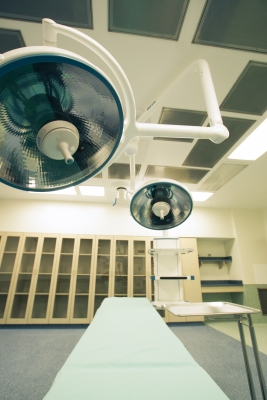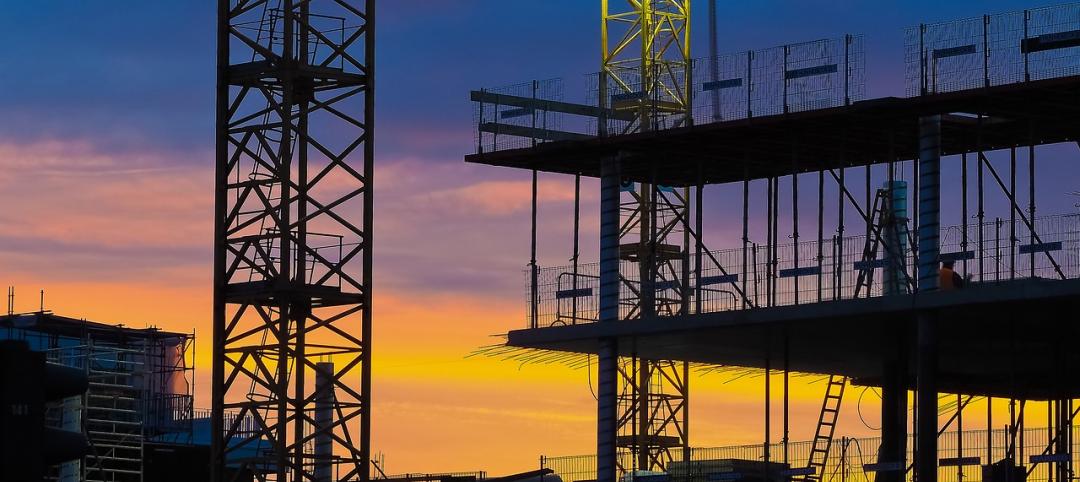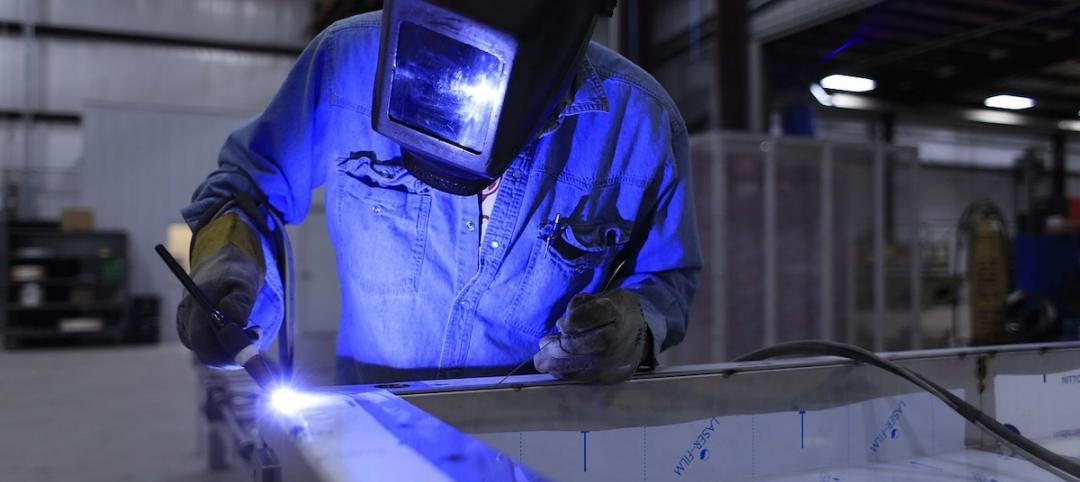The Centers for Medicare & Medicaid Services (CMS), an agency of the U.S. Department of Health and Human Services, published proposed rules this spring that would amend the fire safety standards for hospitals, long-term care facilities, ambulatory surgery centers, hospice inpatient, and many other healthcare facilities that participate in Medicare and Medicaid programs.
CMS proposed adopting the 2012 editions of the Life Safety Code, which includes measures devised by the National Fire Protection Association, and includes the Healthcare Facilities Code. A key change is a requirement that buildings over 75 feet tall have sprinkler systems throughout the structure. Existing buildings would have 12 years to install them.
Automatic sprinkler systems will be required in all habitable areas, closets, roofed porches, balconies, and decks of new residential health care facilities. CMS also strongly encouraged existing facilities to be sprinklered in all habitable areas. Under the new provisions, sprinklers also must be installed in attics of new and existing residential facilities if the attic is used for living purposes, storage, or the housing of fuel-fired equipment. Or, it must have a heat detection system, be of noncombustible construction, or be constructed of fire retardant treated-wood.
Newly-constructed facilities would have to install approved smoke alarms inside every sleeping room, outside every sleeping area, and on all levels within a residential unit. CMS is soliciting public comment regarding whether that requirement should be applied to existing facilities, as well.
(http://www.jdsupra.com/legalnews/new-federal-health-care-facility-regulat-93481/)
Related Stories
Codes and Standards | Apr 8, 2019
LEED v4.1 now available for cities, communities, residential/homes
The rating system emphasizes performance monitoring, fully integrated design, social equity, and human health.
Market Data | Apr 8, 2019
Engineering, construction spending to rise 3% in 2019: FMI outlook
Top-performing segments forecast in 2019 include transportation, public safety, and education.
Codes and Standards | Apr 5, 2019
Manhattan expected to adopt congestion pricing plan for automobiles
New York would be first U.S. city to charge drivers extra for downtown motoring.
Codes and Standards | Apr 4, 2019
Chicago makes major building code overhaul
Previous comprehensive changes were done 70 years ago.
Codes and Standards | Apr 3, 2019
Construction advanced materials makers can enhance industry efficiency with technology
Integration of new IT approaches in construction with new materials has potential to enhance sustainability, alleviate worker shortage.
Codes and Standards | Apr 2, 2019
Open offices reduce collaboration among employees
Counterintuitive finding makes value of wide open workspaces questionable.
Codes and Standards | Mar 29, 2019
New timber traceability LEED credit released
Pilot credit aims to reduce use of illegal wood in buildings.
Codes and Standards | Mar 28, 2019
Swinerton forms new mass timber business group
Will pursue new projects being developed with mass timber.
Codes and Standards | Mar 27, 2019
Shortage of skilled construction workers resulting in missed deadlines
Some 40% of contractors have turned down project offers.
Codes and Standards | Mar 25, 2019
ICC release 2019 guidelines for safe use of repurposed shipping containers
Provides in-depth, technical overview on how to design, review, and approve shipping containers as building elements.

















